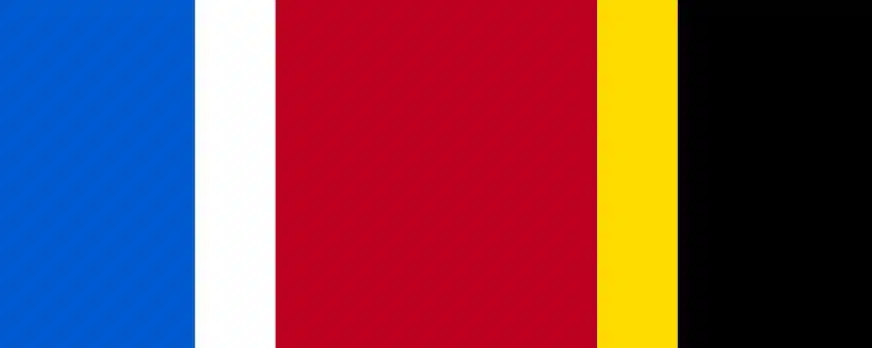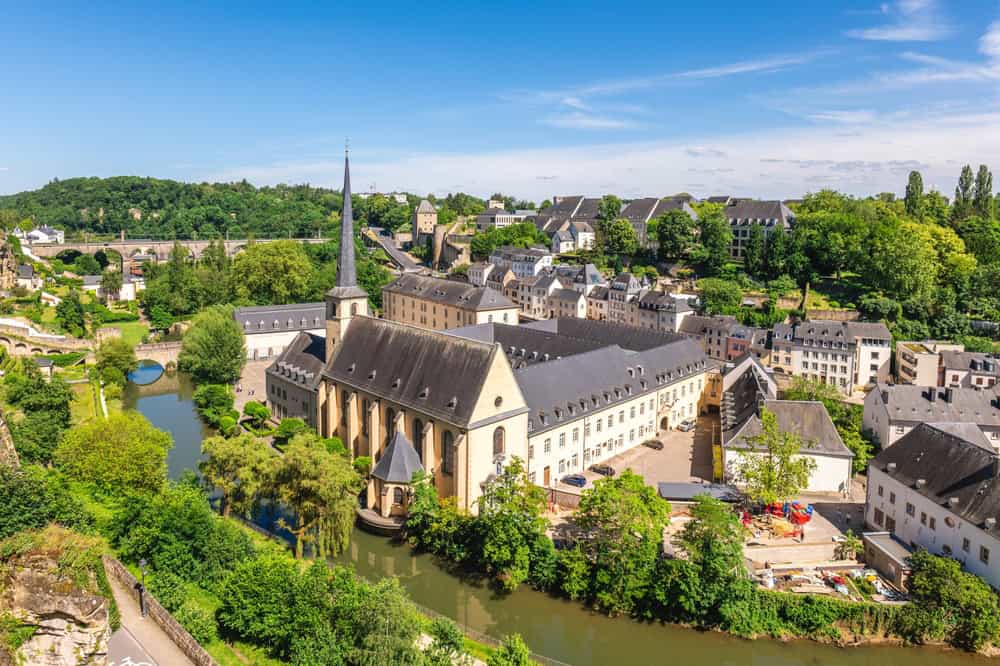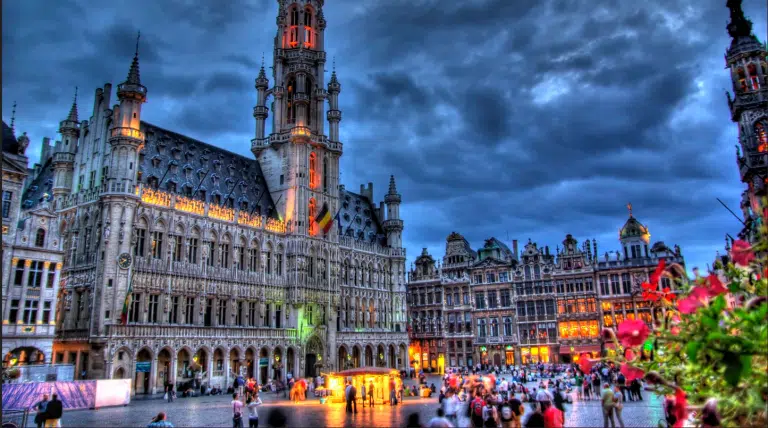Moving to Luxembourg: tips for expats
Luxembourg, the last remaining Grand Duchy in Europe, is a small yet vibrant country brimming with opportunities and cultural richness. For expats, moving to Luxembourg offers the promise of a high standard of living, but settling in successfully requires careful preparation and an understanding of local customs and cultural nuances. Below are tips for expats in Luxembourg to help you navigate life in this unique nation.
Luxembourg: A Grand Duchy
Luxembourg is not just a country; it is a Grand Duchy, the only one of its kind in the world. Its head of state, the Grand Duke (currently Henri of Luxembourg), symbolizes the nation’s rich history and traditions. This monarchical status plays a significant role in shaping the identity of Luxembourg and is a source of national pride.
Interestingly, while Luxembourg is a sovereign country, it shares its name with a Belgian province, Luxembourg. This Belgian region lies to the west of the Grand Duchy and has its own unique history and governance, a distinction often overlooked by newcomers.
Main cities of Luxembourg
Capital: Luxembourg City is the capital of the country and the largest city.
Features: Old town, a UNESCO World Heritage Site, famous fortifications and picturesque valleys. The main institutions of the European Union are located here.
Esch-sur-Alzette (Esch-Uelzecht)
The second largest city: Located near the capital, known for its industrial history.
Features: Center of cultural and social events, with a large university campus.
Diekirch
Known for its brewing tradition: This city is located in the north of the country.
Features: A quiet city with charming streets and museums.
Echternach
The oldest city in Luxembourg: Situated on the border with Germany.
Features: Known for its annual festivals with a medieval atmosphere.
Wiltz
The center of the Ardennes region: Ideal for nature and history lovers.
Features: Famous for its classical music festival and medieval castles.
Remich
“The Pearl of the Moselle”: A city on the border with Germany.
Features: Known for its wine-making traditions and picturesque landscapes along the Moselle River.
Clervaux
A charming city in the north: Ideal for a secluded getaway and quiet remote work.
1. Language Skills: A Gateway to Integration
Luxembourg is a multilingual country with three official languages: Luxembourgish, French, and German. English is also widely spoken, particularly in professional environments. Learning the basics of Luxembourgish, the national language, can greatly enhance your integration and show respect for the local culture. Luxembourgish, with its roots in West Germanic dialects, retains many archaic features, making it distinct from standard German.
Examples of language use:
- French is commonly used in administration and restaurants.
- German dominates in media and retail.
- Luxembourgish is the language of everyday conversation.
For expats from neighboring countries, this linguistic diversity might feel familiar, but for others, it is a fascinating challenge.
2. Accommodation: Start Early
The housing market in Luxembourg is competitive, with high demand driving up prices. Begin your search early, using platforms like athome.lu and immotop.lu. Monthly rents for a one-bedroom apartment in the city center can range from €1,800 to €2,200. Suburban or rural areas might offer slightly more affordable options.
3. Employment and Immigration
Luxembourg is a hub for finance, IT, and logistics industries, offering numerous opportunities for skilled professionals. However, understanding the country’s immigration and work permit requirements is crucial:
- EU Nationals: Generally enjoy streamlined processes.
- Non-EU Nationals: May require visas such as the EU Blue Card, tailored for highly skilled workers.
Luxembourg’s Directorate of Immigration oversees visa policies, and consulting with immigration lawyers can simplify complex applications.
4. Social Systems and Living Costs
Luxembourg provides robust social security, including health, pension, and unemployment insurance. The cost of living, however, is among the highest in Europe. Here’s a breakdown of typical monthly expenses for a single person:
- Rent: €1,800 – €2,200
- Utilities: €150 – €200
- Groceries: €300 – €400
- Transportation: €50 – €100
- Health Insurance: €100 – €150
Despite the costs, Luxembourg’s healthcare, education, and safety make it an attractive destination for families and professionals.
5. Cultural Differences: Luxembourg vs. Belgium
Luxembourg and Belgium share some cultural similarities, yet key differences stand out:
- Work Ethic: Luxembourgers prioritize punctuality and formal communication, while Belgians tend to adopt a more relaxed approach.
- Cuisine: While Belgian waffles and fries are globally renowned, Luxembourgish cuisine highlights local specialties such as “Judd mat Gaardebounen” (smoked pork with beans).
6. Stereotypes About Luxembourg
Luxembourg often faces certain stereotypes, such as:
- “It’s only for bankers”: While finance plays a significant role, Luxembourg also boasts thriving cultural and technology sectors.
- “It’s boring”: Far from it – the country offers vibrant festivals, world-class museums, and a rich history to explore.
See ok Depression in the EU: Methods for Effective Treatment







